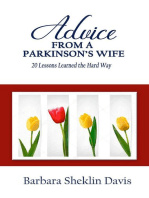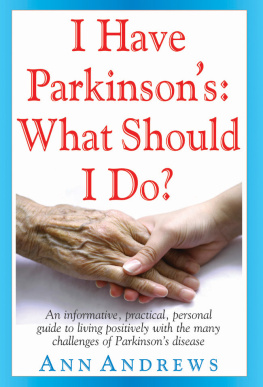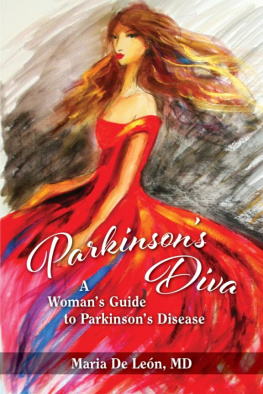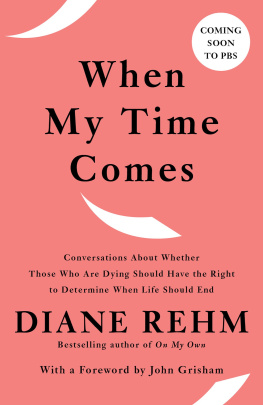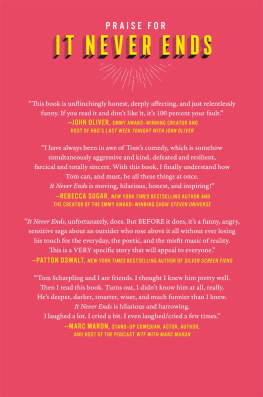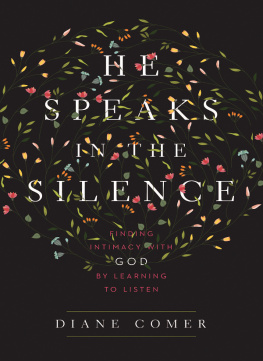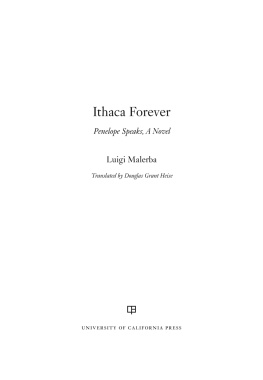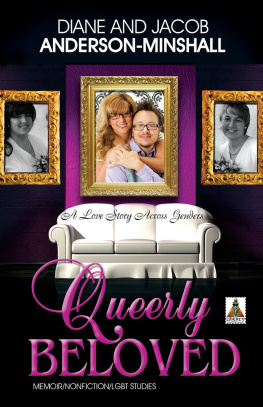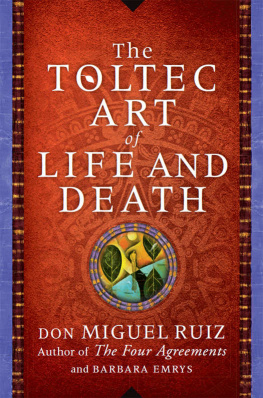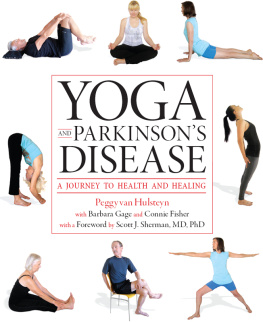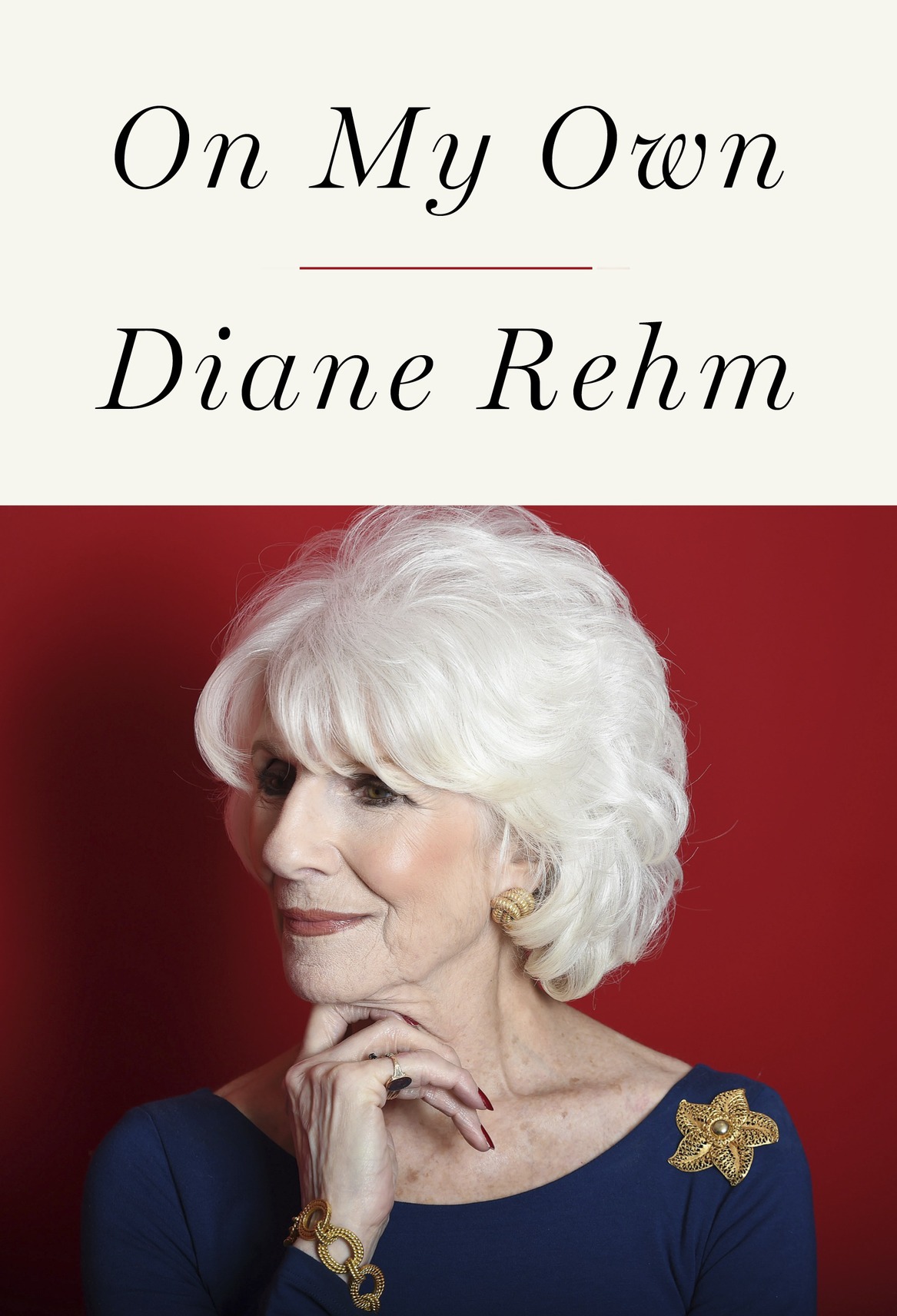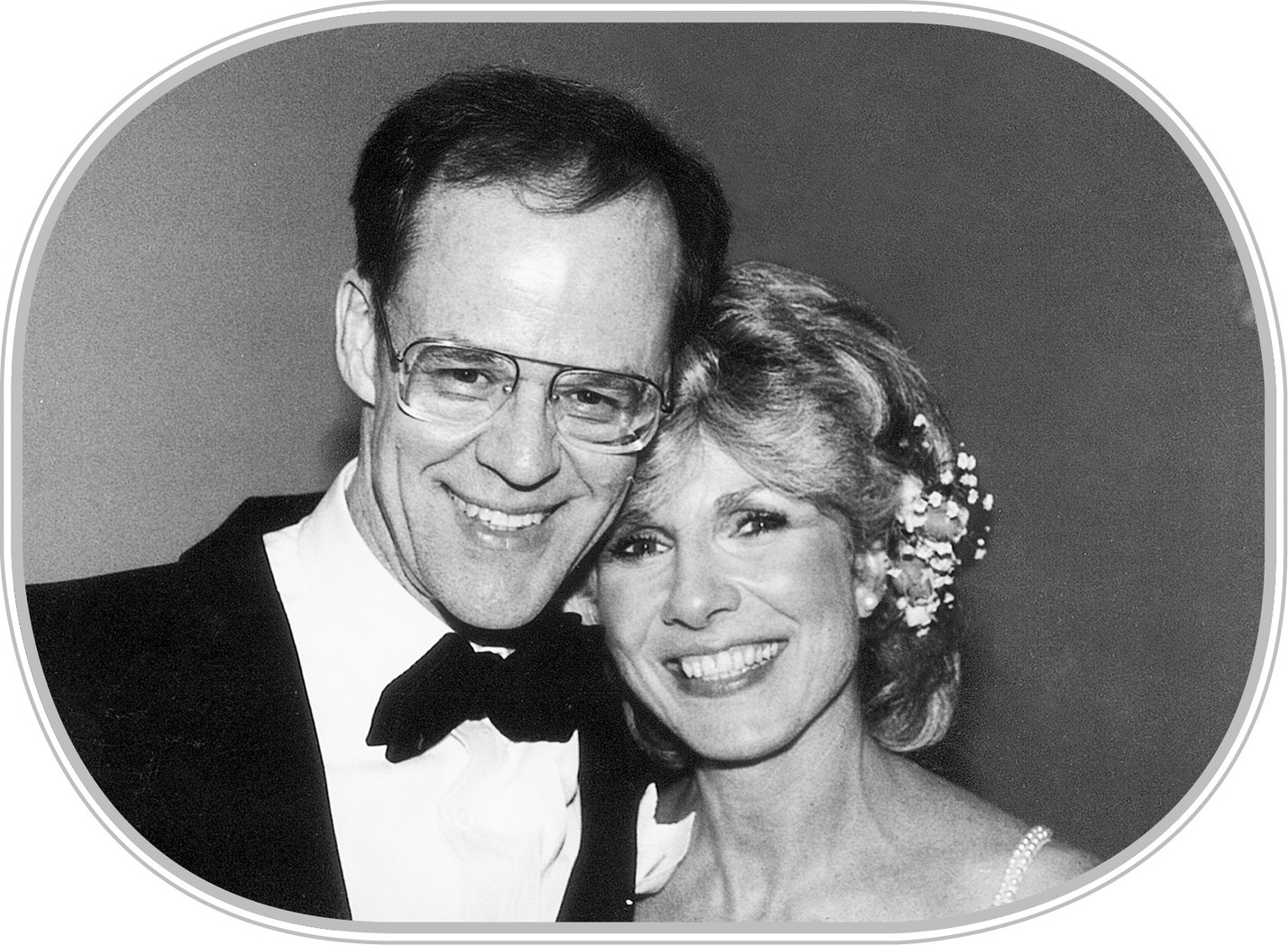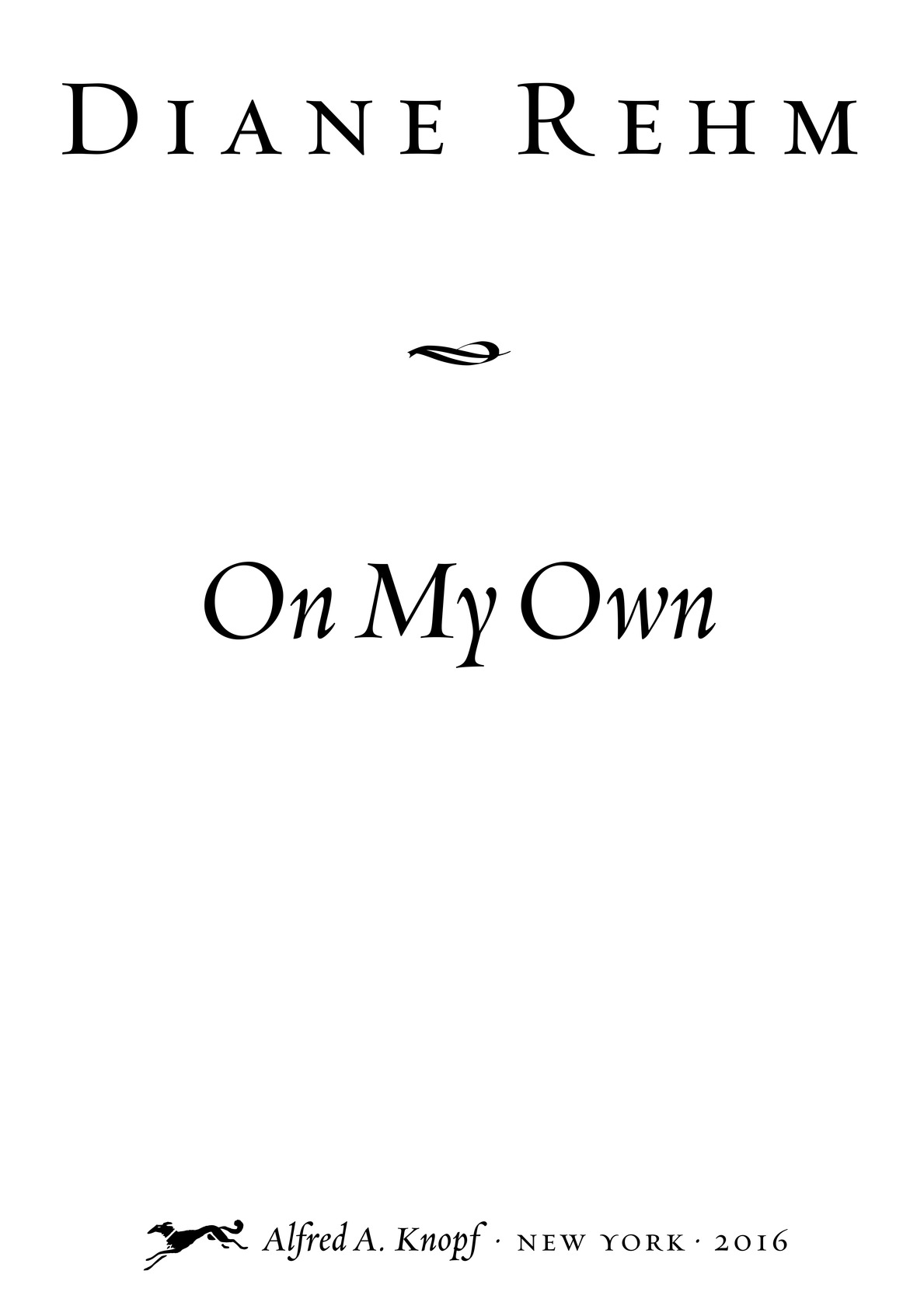THIS IS A BORZOI BOOK PUBLISHED BY ALFRED A. KNOPF
All rights reserved. Published in the United States by Alfred A. Knopf, a division of Penguin Random House LLC, New York, and distributed in Canada by Random House of Canada, a division of Penguin Random House Ltd., Toronto.
Knopf, Borzoi Books, and the colophon are registered trademarks of Penguin Random House LLC.
Rehm, Diane.
On my own / Diane Rehm. First edition.
ISBN 978-1-101-87528-5 (hardcover) ISBN 978-1-101-87529-2 (eBook) 1. Rehm, Diane. 2. Radio broadcastersUnited StatesBiography. 3. WidowsUnited StatesBiography. 4. BereavementUnited States. 5. Loss (Psychology) 6. Adjustment (Psychology) 7. Rehm, John B.Health. 8. Parkinsons diseasePatientsFamily relationships. I. Title.
PN 1991.4. R 438 A 3 2015


A Decision
O n June 14, 2014, my husband, John Rehmage eighty-threebegan his withdrawal from life. The aides at Brighton Gardens were instructed to stop bringing medications, menus, or water. His decision to die came after a long and difficult conversation the day before with Dr. Roy Fried, his primary physician; our son, David; our daughter, Jennifer, who was on the phone from Boston; and me.
John declared to Dr. Fried that because Parkinsons disease had so affected him that he no longer had the use of his hands, arms, or legs, because he could no longer stand, walk, eat, bathe, or in any way care for himself on his own, he was now ready to die. He said that he understood the disease was progressing, taking him further and further into incapacity, with no hope of improvement. Therefore, he wanted to end his life.
Clearly, his expectationand his misunderstandingwas that, now that he had made his decision, he could simply be put to sleep immediately, with medication. When Dr. Fried explained that he was unable to carry out Johns wishes, that he was prohibited from committing such an act in the state of Maryland, John became very angry. He said, I feel betrayed. Tears came into his eyes, tears of frustration and disappointment. Here was a man who had lived his life able, for the most part, to take charge of events, to be certain that his well-considered decisions would be carried out. And now he was making the ultimate decision, and having it thwarted.
It was then that Dr. Fried explained that the only alternative John had, if he truly wished to die, was to stop eating, drinking fluids, or taking medications. In other words, he could bring his life to an end through those means, but no one could do it for him. Dr. Fried added that he hoped John would not make the decision to end his life, but that, if he did so, as his physician he would honor it.
My husband had moved into assisted living at Brighton Gardens in Chevy Chase, Maryland, in November 2012, because he could no longer stand or walk without falling, or care for himself without assistance. Wed spent months talking about the decision we both knew was coming. We went over and over various possibilities, such as having someone move into our apartment to care for him on a twenty-four-hour basis, but we knew that wouldnt work: there was simply not enough room for another human to be here full-time.
Most days I spent part of the afternoon with John at Brighton Gardens. Sometimes wed sit silently, particularly in the weeks immediately after he moved in. Although he never admitted feeling resentful, it was clear he was unhappy. He had a private room, but was now in an institution, in the company of strangers, eating foods he didnt care for in a large communal dining room, and feeling an extreme loss of privacy. But slowly he regained his sense of humor, his interest in world events, and his happiness each time I walked through the door.
Over the years, John and I had talked many times about how we wanted to die. We had promised that we would do everything we could to support each others wishes in the face of debilitating and unalterable conditions. Yet here I was, helpless to keep my promise. I could do nothing but listen as he railed against a medical and judicial system that prohibited a doctor from helping him die, even knowing that what awaited him was prolonged misery, further decline, and, to his mind, loss of dignity.
So John did what I dreaded, but knew in my heart he would do: he declared he would stop eating, drinking, or taking medications. He asked Dr. Fried how long the process of dying would last and was told it could be ten days to two weeks. John wanted to know, Will I be in pain? Absolutely not, responded Dr. Fried. I promise you, you will be kept comfortable.
A few months before this, John had come down with whats so often been called the old mans blessing. I was in South America, on a cruise with NPR listeners. It was a Saturday evening in March, and before I went to join the group for dinner, I called Brighton Gardens to check in. Our dear friends David and Mary Beth Busby were there with John, and Mary Beth answered the phone. When I asked how John was, she said, to my shock, Hes not responsive. I wasnt sure I was hearing correctly. What do you mean, Mary Beth? Well, just that, she said. The two of them had been sitting there with John for an hour or so, and he was simply not moving; he was in a deep sleep, not responding to their questions, not moving when they prodded him. I asked her to feel his head. Warm, she said. I immediately called Dr. Fried, who instructed an aide to take his temperature. It was 101.5 degrees. Dr. Fried said John was probably experiencing pneumonia. Urgently I demanded to know what he would do next. Dr. Fried said he would order oral antibiotics for him, but warned it could be four hours before they arrived, and that John might not be able to swallow them. At this point, I lost all composure. I screamed into the phone, But he could be dead in four hours! Dr. Fried then said he would go to a nearby pharmacy to obtain an injectable form of antibiotic, which he did, taking it to Brighton Gardens that night and giving John what may have been a lifesaving dose of the drug. It was 6:30 Saturday evening, and I was in Buenos Aires. I tried to get a flight out that very evening, but it was too late, so I flew to Miami the next night and then home to Washington on Monday.


